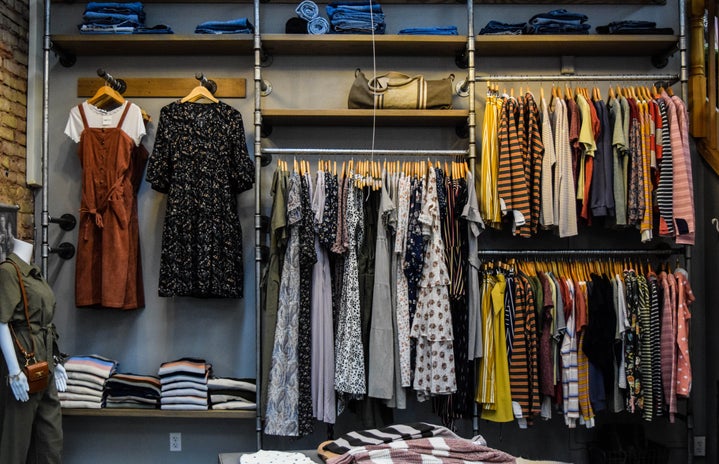On January 31st, 2017, President Trump nominated Neil Gorsuch to fill the Supreme Court vacancy left by Justice Antonin Scalia. Gorsuch, a young conservative from Colorado, is likely to be confirmed by the U.S. Senate and weigh in on some important cases in 2017. The Supreme Court convened on January 9th to start hearing and arguing cases, and decisions will likely be announced by late June. This year, the Supreme Court is addressing issues such as transgender rights, religious freedom, and educational opportunities to disabled children. So, here is a guide for some Supreme Court decisions to look out for in 2017:
1. Gloucester County School Board v. G.G.
Gloucester County School Board is appealing the federal appeals court decision that allowed a 17-year-old transgender boy to use the bathroom that aligned with his gender identity. Currently, Title IX bans discrimination on account of sex in federally-funded education programs, and the Supreme Court will decide whether this law also applies to gender identity.
The Obama administration declared its pro-transgender rights stance by sending a letter to all academic institutions that receive federal funding. This letter, which urges schools to allow students to use facilities that align with their gender identity, does not carry the force of law. The Supreme Court will rule on whether this letter is a proper way to announce policy. This is the first case where the Supreme Court is directly addressing transgender rights, which could have a monumental effect moving forward.
2. Hernández v. Mesa
In 2010, 15-year-old Sergio Adrian Hernandez Guereca was shot on Mexican soil by a U.S. border officer who was standing on U.S. soil. Hernandez’s family sued for damages, but the appeals court ruled that the family had no standing because they were not American citizens, and therefore not protected by the 4th or 5th amendment.
The family appealed the decision and the Supreme Court will be ruling on if a Mexican family has the constitutional right to sue a Border Patrol Officer. The decision of this case will be consequential in regulating conduct between patrol officers and Mexican citizens across the border.
3. Endrew F. v. Douglas County School District
This case involves a 15-year-old boy, Endrew F., who has both autism and attention deficit disorder. His parents and the public school he attended could not agree on a plan for his education, so he was switched into a private school that specializes in education for autistic students. The parents then sued the school district to pay for his private school tuition, because the district had failed to meet his needs through the public school system.
The federal court of appeals denied the parents’ challenge. The Supreme Court will be deciding to what extent schools are obligated to provide educational benefit to disabled students in order to provide them with a free appropriate public education.
4. Trinity Lutheran Church of Columbia v. Pauley
A program in Missouri provides rubberized material made out of old tires to safe-proof playgrounds. This program is not providing such material to any religiously-affiliated schools in accordance with the Missouri Constitution’s Blaine Amendment. This amendment states that “No money shall ever be taken from the public treasury, directly or indirectly, in aid of any church, sect, or denomination or religion.”
Trinity Lutheran Church is bringing this case to the Supreme Court, arguing that the rubberized material should be provided to religious schools because it would serve no religious function or purpose. The Supreme Court will broadly have to determine whether religiously-affiliated schools are constitutionally entitled equal access to government benefits.
While these cases all address relevant and impactful questions, they are only a sample of all of the cases the Supreme Court will hear this spring. The Supreme Court will also be deciding on important cases regarding property rights law, patent law, and the legal immunity of police officers. I urge everyone to keep track of the prevalent cases this spring. That way, come June, you will be fully aware of the implications of the Supreme Court decisions.
Image Courtesy of Matt H. Wade

